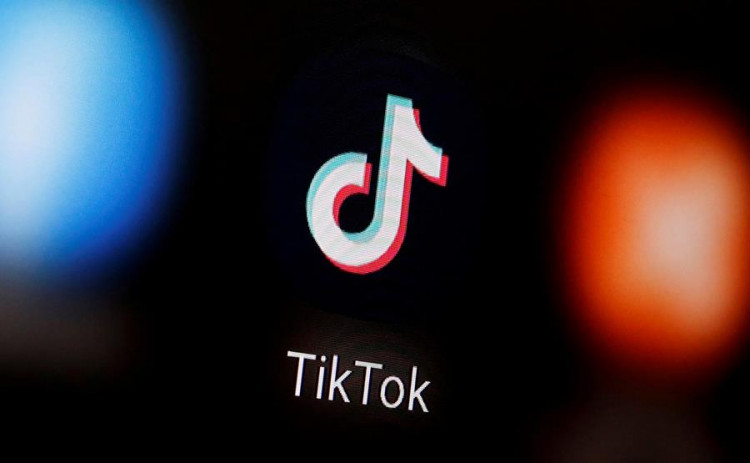During TikTok's first appearance before a U.S. congressional committee on Tuesday, an executive said the video-sharing app does not provide information to the Chinese government and has worked to protect U.S. data.
Senators at the meeting also expressed worry that TikTok, which is controlled by Beijing-based internet technology company ByteDance, as well as rivals YouTube and Snapchat, which are owned by Alphabet Inc, have algorithms that are harmful to young people.
Michael Beckerman, TikTok's head of public policy for the Americas, testified before a Senate Commerce Committee subcommittee, becoming the company's first official to do so.
Republicans in particular grilled Beckerman on his concerns about TikTok's handling of user data.
Senator Marsha Blackburn, the panel's top Republican, expressed concern about TikTok's data collecting, which includes audio and a user's location, as well as the possibility that the Chinese government may obtain access to it.
Blackburn asked Beckerman if TikTok would refuse to provide data to China's authorities if material was sought.
Beckerman said, "We do not exchange information with the Chinese government."
Beckerman added TikTok has "no link" with Beijing ByteDance Technology, a ByteDance subsidiary in which the Chinese government took a stake and a board seat this year, when questioned by Republican Senator Ted Cruz.
TikTok's U.S. user data is stored in the United States, with backups in Singapore, according to Beckerman.
"We have a world-class security team situated in the United States that manages access," Beckerman added.
TikTok, Republican Senator John Thune said, is "perhaps more driven by content algorithms than even Facebook," because the app is known for learning fast what users find attractive and recommending videos to them.
TikTok would be happy to share the app's algorithm moderation procedures to the Senate panel so that it could be reviewed by impartial specialists, according to Beckerman.
YouTube and Snapchat executives also testified. Senators from both parties, including Democratic panel chairman Richard Blumenthal, accused the three corporations of exposing young people to bullying and sometimes directing them to content that encouraged bad habits in a display of bipartisanship.
The executives answered that their companies have worked hard to create an enjoyable environment while avoiding any potentially harmful or distasteful information.





